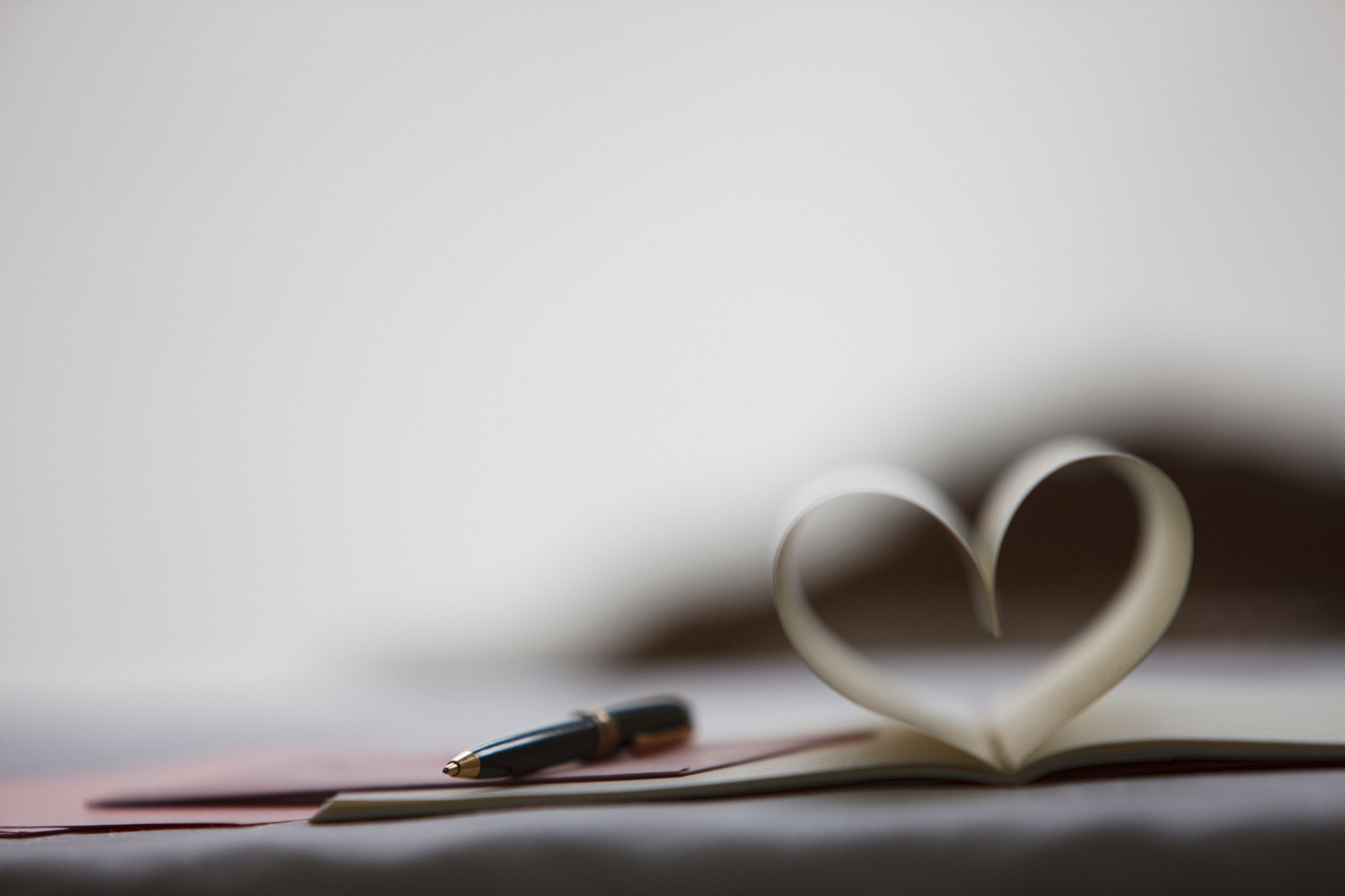
Before we became full-time writers of romance, we had other careers. Lauren was doing neuroscience research at a pharmaceutical company. Christina was working with teenagers in a junior high counseling office. When we left our jobs to write, people were excited for us, but there was always the unspoken question: How can you call yourselves feminists and write romance novels?
Mothers of our kids’ friends would ask us if our books were “trashy.” Book clubs would invite us to come and talk about our novels, and then ask if we had “unnatural obsessions“ with sex. People misunderstood why we left our jobs, with some hilariously assuming we had left to make pornographic films; in their heads, writing romance and making porn were that tightly connected. While we’ve had some great laughs about a few of these misconceptions, they do emphasize the perception that romance novels are about only one thing, and that there is something dirty or anti-feminist about what we do.
The truth is that the stories we write create no conflict with our feminism. Sex and free agency are empowering. Deciding what you do with your own body, and with whom, is liberating. Falling in love with men does not make our heroines weak. Women’s strength comes in a million different forms, one of which is the ability to forge a connection with another person. We can find power in our sexuality, or by withholding it. We can be direct and pursue what we want, or enjoy the chase. The best romance writing portrays characters who are as varied and nuanced as real women and allows us to celebrate emotional connection.
Our genre is at the forefront of inclusivity: books featuring queer and transgender couples, racially and culturally diverse heroes and heroines, and characters with disabilities are gaining steam. In these books we can find ourselves, or see outside of our own experiences and find empathy.
Our own power as women writers is just as significant as the power of our characters. In June 2012, Christina — who was living on a nine-month academic salary — was on the verge of losing her home. She asked her school’s principal whether there were any additional ways she could earn money over the summer. One week later, she found herself scrubbing lockers, polishing the gym floor and cleaning desks. She didn’t tell Lauren at the time, but that summer, Christina had made a deal with herself. If we didn’t sell a book by mid-September, she would have to retire from our writing partnership.
But one week away from Christina’s deadline, we sold Beautiful Bastard. Writing romance changed Christina’s life in a profound way.
It was never a question that when the books sold and we began to travel the world, our husbands would step up and cover more of the duties at home. That was their feminist contribution. Ours is using our creativity to do business as, for and about women — and writing the stories of our heroines, who have the strength to fall in love.
Christina Lauren is the combined pen name of long-time writing partners Christina Hobbs and Lauren Billings, the bestselling authors of the Beautiful Bastard and Wild Seasons series, Sublime and The House. Dating You/Hating You will be released in June. Find them on christinalaurenbooks.com, Facebook and Twitter.
More Must-Reads from TIME
- Cybersecurity Experts Are Sounding the Alarm on DOGE
- Meet the 2025 Women of the Year
- The Harsh Truth About Disability Inclusion
- Why Do More Young Adults Have Cancer?
- Colman Domingo Leads With Radical Love
- How to Get Better at Doing Things Alone
- Michelle Zauner Stares Down the Darkness
Contact us at letters@time.com